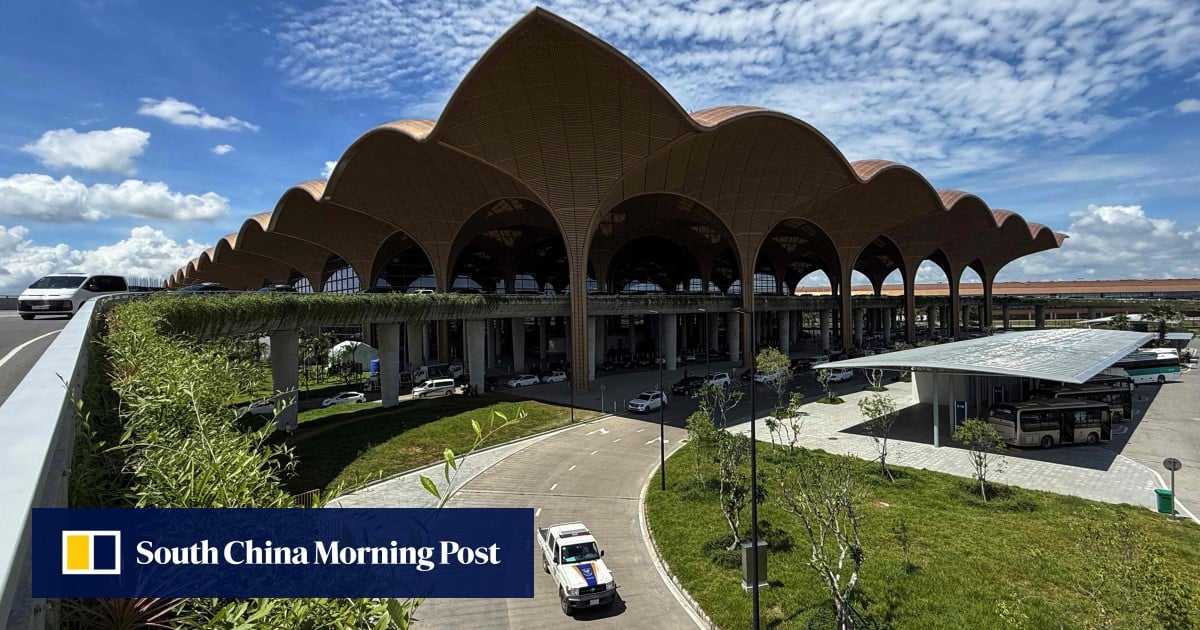
Advertisement
Techo International Airport (TIA), which has replaced the Cambodian capital’s previous facility, has been forecast by PwC to accommodate 5.3 million passengers in the remainder of the year.
The professional services firm has also projected full annual capacity to reach 10.1 million and 15 million passengers by 2030 and 2040, respectively, as the airport enters into new phases of development.
Its operator, Cambodia Airport Investment, is 90 per cent owned by Overseas Cambodian Investment Corporation (OCIC), a conglomerate founded by tycoon Pung Kheav Se. The remaining 10 per cent is owned by the Cambodian government’s State Secretariat of Civil Aviation.
Advertisement
“The plan is to construct a new 10km (6.21 miles) waterway with a total investment of US$100 million, from Boeng Cheung Loung lake south of TIA … all the way to Kep City, Cambodia’s seaport,” Pung said. “This will provide TIA a competitive edge to be a transport hub by air, land and sea.”
Addressing the financing of the new airport, he said the investment was primarily funded internally through OCIC and also via the issuance of bonds to local banks and financial institutions.


